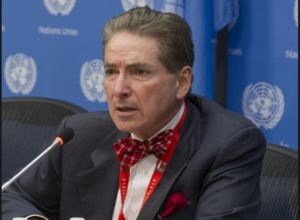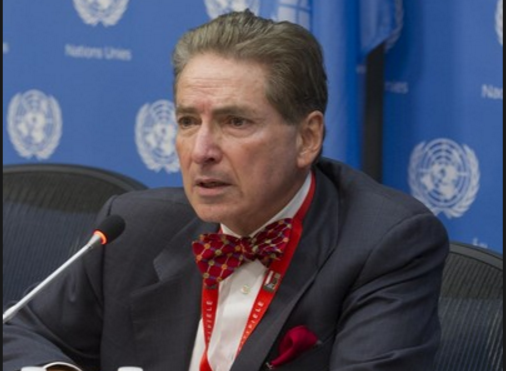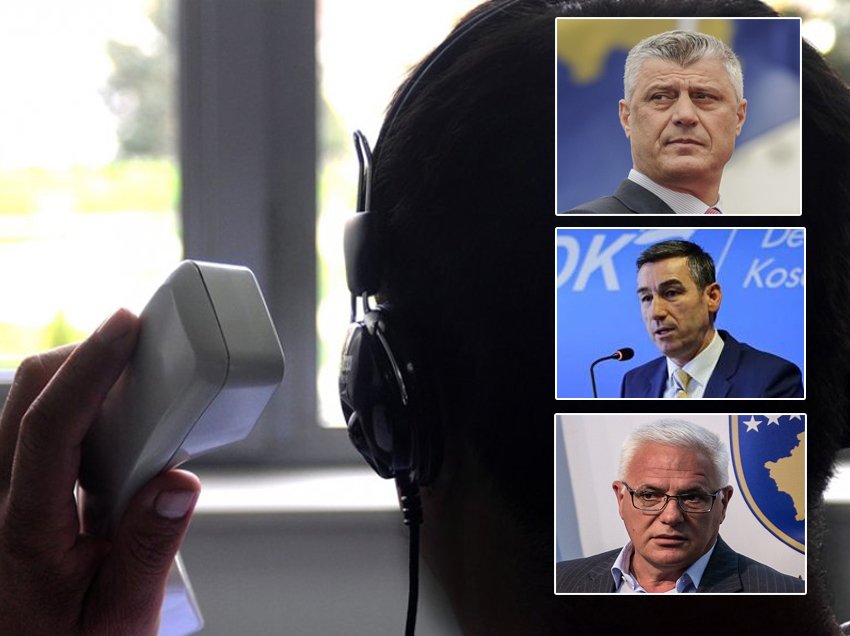 GENEVA (15 February 2016) – United Nations human rights expert Alfred de Zayas today called on the Governments of the United Kingdom and Sweden to accept and implement without delay the findings and recommendations of the UN Working Group on Arbitrary Detention* in the case of Julian Assange, reports PressInfo UN, trasnmete the National Information Agency “Presheva Jonë”.
GENEVA (15 February 2016) – United Nations human rights expert Alfred de Zayas today called on the Governments of the United Kingdom and Sweden to accept and implement without delay the findings and recommendations of the UN Working Group on Arbitrary Detention* in the case of Julian Assange, reports PressInfo UN, trasnmete the National Information Agency “Presheva Jonë”.
The UN Independent Expert on the promotion of a democratic and equitable international order recalled that a just and sustainable international order requires that States respect, promote and fulfill their human rights treaty obligations and observe the recommendations of human rights treaty-bodies, working groups and rapporteurs.
“The findings of the Working Group on Arbitrary Detention should be accepted and their recommendations implemented in good faith. Especially those States who claim to be at the vanguard of human rights should give good example, even if they do not agree with the conclusions of UN experts,” he said.
“The international order depends on the consistent and uniform application of international law, and is undermined when States pick and choose. The concept of human dignity is holistic. An à la carte approach to human rights erodes the credibility of the entire system,” the expert stressed.
The opinion of the Working Group on Arbitrary Detention ruled that Mr. Assange’s detention was contrary to various provisions of the International Covenant on Civil and Political Rights and called upon the UK and Sweden to ensure his safety and physical integrity, to facilitate the exercise of his right to freedom of movement, and to pay him compensation.
“The international order is strengthened when all States comply not only with binding treaty obligations, but also with the recommendations of UN bodies. Not only ‘hard law’ but also ‘soft law’ commitments and human rights pledges should be given effect.” Mr. de Zayas added. “If a State is truly committed to a philosophy of human rights, it cannot limit the enjoyment of those rights by engaging in narrow pedestrian positivism or invoking technical distinctions or loopholes in an attempt to escape ethical obligations.”
“Whistleblowers are key human rights defenders in the twenty-first century, in which a culture of secrecy, behind-closed-door deals, disinformation, lack of access to information, 1984-like surveillance of individuals, intimidation and self-censorship lead to gross violations of human rights,” highlighted the Independent Expert. “Secrecy and intimidation are irreconcilable with the fundamental right under article 19 ICCPR to receive and impart information and to freedom of expression as emphasized by the former Special Rapporteur on freedom of opinion and expression.”
“It is important that countries that regularly engage in naming and shaming of other countries accept United Nations rulings when they themselves are implicated. It is a matter of intellectual honesty. Prompt implementation of the Working Group’s Opinion would set an example for the rest of the world,” Mr. de Zayas concluded.















